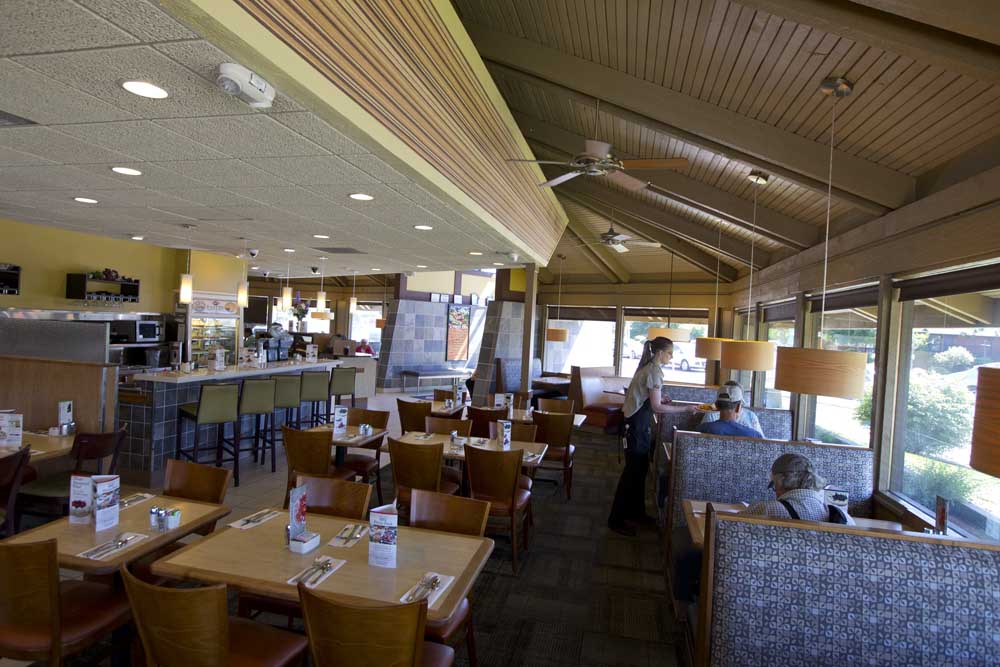’Orfeo’ composes a moving tale of music — and of terrorism
Published 12:00 am Sunday, January 26, 2014
“Orfeo”by Richard Powers (384 pgs., W.W. Norton & Co., $26.96)
It is a rare thing to finish a book and still be lost in it — to be startled by the drone of a lawnmower or the thunk of the next dishwasher cycle because a story has lifted you, so completely, out of time.
That’s what happened to me when I finished “Orfeo,” Richard Powers’ astonishing new novel that captures one fictional composer’s life in a text that is almost a soundtrack, by turns mysterious, dissonant, harmonious, repetitive, sweet and always, always provocative.
Powers’ lucid, emotional descriptions of music extend from compositions by Mahler and Messiaen (the latter’s haunting “Quartet for the End of Time” plays in my ears as I type this sentence) to the contemporary fictional music composed by his protagonist, Peter Els — who wants only “a roomful of grateful listeners.”
In a novel so attuned to sound and arrangement — no traditional chapter divisions here, just brief declarations that make more sense in the novel’s final scenes — plot might well be a secondary concern. But it isn’t. In “Orfeo,” it’s as if a window opened on a sensitive, cerebral story and — poof! — a bioterrorist plot flew in and sucked all the headiness into a proper frame.
Els is not just a composer. Chemistry was another early infatuation and, after retiring as an adjunct music professor, Els spends his days messing around with DNA that he orders online: “To Els, music and chemistry were each other’s long-lost twins: mixtures and modulations, spectral harmonies and harmonic spectroscopy.”
Seduced by the synchronized sequences of cells, Els wants to leave a new sort of mark on the world. But when two guys from the Joint Security Task Force get wind of the bacterial cultures growing around his house, Els flees. Over the following days, the two nightmares infecting post-9/11 America — germs and jihadists — find their overlap in the composer, summoning a media audience infinitely more vast than his music ever drew. On the run, Els has time to look back on his life, like the Orfeo (Orpheus) of the book’s title.
So it’s a road trip and a head trip.
A girlfriend (Clara), a wife (Maddy), a daughter (Sara), a collaborator frenemy (Richard), and — of course — music mark the high notes of Els’ 70 years. His story also drops in on global dramas of the past five centuries, from the Münster Rebellion to the death of Osama bin Laden.
Amid numerous (sometime lengthy) explanations of compositions readers won’t always know — Harry Partch’s “Barstow: Eight Hitchhiker Inscriptions From a Highway Railing at Barstow, California” anyone? — Powers delivers moments of pure ecstasy.
Els’ first love affair, for example, coincides with his introduction to Mahler’s “Kindertotenlieder” (:Songs on the Death of Children”): “At eighteen, hearing these songs while holding Clara’s breasts was like graduating from the Crayola eight-pack to the rainbow box of sixty-four,” Powers writes.
Wry humor, too. Before Els flees, he stops to teach his weekly class at a retirement home, even as camera crews surround his nearby house: “The lede of his arrest would write itself: terrorist caught while giving lifelong learning class on dead music to dying people.”
Powers, the winner of two Pushcart Prizes, a MacArthur Fellowship and the 2006 National Book Award, has explored the confluence of science and music before, in several of his 10 previous books.
Who is the audience for “Orfeo?” Honestly, I’m not sure. Anyone happy to hitch a ride on a story that starts and stops and soars with the musical milestones of an aging composer will love it, as I did. Others might get mired in the music and give up.
But I hope not, because this also is a book about how it feels to be an artist, about the need to express oneself and be recognized — by loved ones and strangers — for that expression.
I won’t give away what Els is up to, exactly, in his home lab. That’s the novel’s great secret. I’m not even sure that what he dreams of doing is doable. Someone could Google it, I guess.
Ultimately, “Orfeo” is a dense, bracing, gorgeous opera of words, as inventive at times as the compositions created by Els and his collaborator, Richard, in their younger, wilder days.
It is Richard who encourages Els to harness the media attention he has received as the “Biohacker Bach” and make some art. Appropriately, the novel ends on a crescendo.






